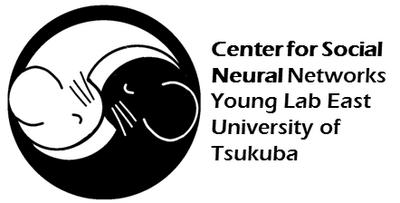UNDERSTANDING THE NEUROREGULATORY ACTIONS OF OXYTOCIN AND ITS POTENTIAL CLINICAL APPLICATIONS
May 22-27, 2018
Erice, Sicily, ITALY
Workshop Organizers

Larry Young (Emory University, Atlanta, USA)
Pier Francesco Ferrari (CNRS, Lyon, France)
Jean-René Duhamel (CNRS, Lyon, France)
Angela Sirigu (CNRS, Lyon, France)
Purpose of the Workshop

The purpose of the Workshop is to highlight new perspectives on the role of oxytocin in modulating brain activity in relation to behavior and cognition. Oxytocin has long been known to exert its influence on delivery and lactation, but it has gained tremendous new interest since the early nineties following the discovery of its effects on social behavior in rodents. The workshop will cover a number of issues related to the brain mechanisms regulating its synthesis and release, and its effects on different aspects of behavior. The precise neural mechanisms of oxytocin are still debated, and it is therefore important to understand how its action could impact different neural circuitry related to reward, anxiety, attention, social perception and bonding. Another goal of the workshop is that of examining the complex interactions between genes and early experience and the potential impact of oxytocin in regulating complex mother-infant social communication. We hope that a variety of animal models will be discussed, including fish, rodents, dogs and nonhuman primates in order to provide an evolutionary perspective and new insights about potential differences among species that have been adapted to specific social and ecological conditions. Lastly, the workshop will foster scientific interactions with the objective to evaluate the clinical implications of oxytocin in neurodevelopmental disorders and its potential application for pharmacotherapy interventions in psychopathologies.
The Workshop goals will be achieved by a program of internationally recognized speakers as well as poster sessions where attendees can present their data and network with all of the Workshop participants.

